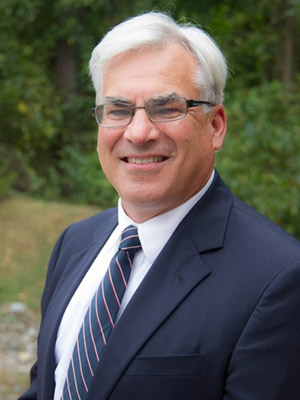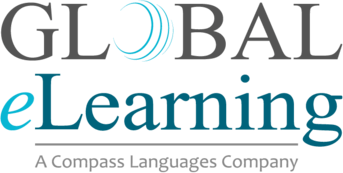The Talent Development Exhibit – the Localization Survey Results (Part 2)
As previewed in Part 1 of this blog series, our Global eLearning sales team exhibited at the 2018 ATD International Conference in San Diego during the week of May 7. As part of the three-day conference, we wanted to gain knowledge as to what obstacles or “pain” were being experienced by those who were involved with these types of projects, or, were exploring localization initiatives that were not executed. Global eLearning is a premier provider of localization and language services to the L&D industry, so we know many of the challenges faced by our prospective clients – cost, turnaround, complexity, ROI, etc.
Naturally, we walked into the event with certain hypotheses as to what the majority of responders would say and then casually prepared our concise solutions of how Global eLearning may overcome these challenges; i.e., the standard prep for any EXPO.
Low and behold, we quickly needed to adapt to a new challenge as the crowds flowed from former President Obama’s keynote address into the EXPO Hall. Our custom banner, with its own story of being created at a FedEx store the night before, boldly announced our survey with the question, “What is your localization pain point?” Unfortunately, about 1/3 of our booth visitors did not know what the term “localization” even meant! As it turns out, Mr. Obama’s draw was a mass of people who were not cognizant of the terminology associated with our central (and only) question of the survey.
For the first few hours, it appeared that our simple survey was turning into repeating 5-10 minute infomercials so that we could bridge the gap of understanding for the term localization. Not that the time was wasted, most patrons were very gracious to invest the time to learn about the concept of converting English learning content into other languages and adapting them to targeted cultures.
Then came the next unexpected challenge – our two charities. In exchange for a booth visitor giving us a response to our single localization question, we were offering to financially contribute to one of two charities: Translators Without Borders, providing services to African and Middle Eastern refugees, or a charity providing aid to those in Puerto Rico. To simply explain what these charities were doing took 2-3 minutes often followed by questions or remarks about how to make the decision on which charity we should contribute to.
So, with these Exhibitor learning obstacles finally overcome, we proudly present our ATD survey results. Just as a clarification, we did not allow multiple responses. The visitor had to give their #1 pain point or obstacle to providing localized training material to employees whose native language is not English.
| Very difficult to capture true message in another language | 26% |
| Localization is too expensive | 21% |
| Stakeholders struggle to define value; no ROI | 17% |
| Linguists not qualified with subject matter, terminology | 14% |
| The localization process is too complex | 9% |
| Too risky because of IP concerns; data security in other countries | 5% |
| Validation of localization (translation) accuracy is difficult | 4% |
| Once localized, it is too difficult/costly to keep updated | 2% |
| Turnaround time is too slow on localization projects | 2% |
We will break down these responses into a more detailed analysis in our next blog. As with many surveys, there are surprises. It is important to note that this was an open-ended question with no multiple choice answers. In some cases, the responses may overlap somewhat in the underlying meaning.
Finally, we are also very proud to announce that because of the generous time contributed by our visitors, we are sending $560 to a Puerto Rican charity (hand-picked by one of our employees who knows the work being performed) and another $300 to Translators Without Borders to assist in their tremendous translation work with refugees and aid workers.



